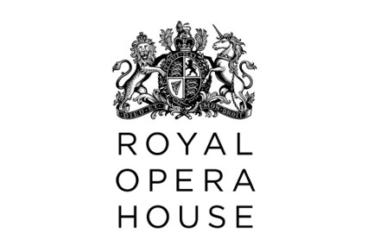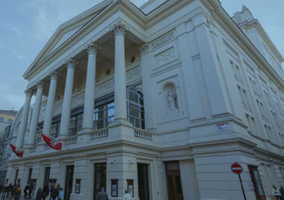Income at the Royal Opera House (ROH) increased by 58% last year as the charity returned to a full performance schedule.
Recently filed accounts for the year ended 28 August 2022 show that the charity’s total income, including endowments, rose by £48m to £133m last year.
This compares to a drop the previous year, when its income fell by £34m in 2020-21, largely due to challenges posed by Covid-19.
ROH’s staffing levels also recovered in 2021-22 after paying out £1m in redundancy costs the year before.
Meanwhile, the charity said it will face financial challenges in the coming years as its funding from Arts Council England (ACE) is set to reduce.
Income recovery
The latest report says that recovery was enabled by the “incredible generosity of supporters” and a “well-received first season back on stage”.
Of ROH’s £133m total income, nearly a third came from fundraising and sponsorship (£43m) while 30% came from box office receipts (£40m) compared with £3m in 2020-21.
Overall, ROH’s “operation”, which includes box office, generated £51m compared with £7m.
Funding from ACE remained unchanged at £25m while the charity’s £11m government grant from the Coronavirus Job Retention Scheme ended.
Commercial trading income, which includes things such as catering and cinema broadcast, rose by £11m to £15m.
Meanwhile, the charity’s expenditure increased from £82m to £137m.
Recruiting challenges
ROH lost a “significant portion” of its staff in 2020-21, when around 250 of its employees left, “with the vast majority volunteering for a redundancy programme”, the accounts say.
However, the accounts add that the charity built back its staffing levels while recalibrating working experience as it prepared to return to a full performance season last year.
As a result, the number of full-time equivalent staff rose by 156 to 978 in 2021-22, with aggregate payroll costs increasing from £46m to £55m.
The charity spent just over £412,000 on termination and redundancy payments compared with £1m the previous year.
The account read: “The pandemic had a dramatic impact on the employment market in general. A phenomenon seen across the UK and globally, the environment has fundamentally changed in terms of recruitment, retention and talent.
“Just as we want to employ the world’s best and diverse performers, we also want to employ the world’s best technical staff. We need to be able to attract, retain and develop staff, which is now a greater challenge than it was before. Technical, production and craft shills in particular have been courted by the TV and film industries and recruitment into all roles has been challenging.”
‘Further challenges ahead’
Writing in the introduction to the accounts, chair Lloyd Dorfman said that “recovery was enabled by the incredible generosity of our supporters and propelled by a brilliant and deservedly well-received first season back on stage”.
“There are, however, even further challenges ahead: a cost-of-living crisis, the impact of a devastating war in Europe, the slow return of tourism to London and a reduced Arts Council funding settlement,” he added.
“We must also plan for a substantial renewal of our stage infrastructure and of our building. These challenges will require exceptional hard work and strategic thinking to navigate.”
Related articles












